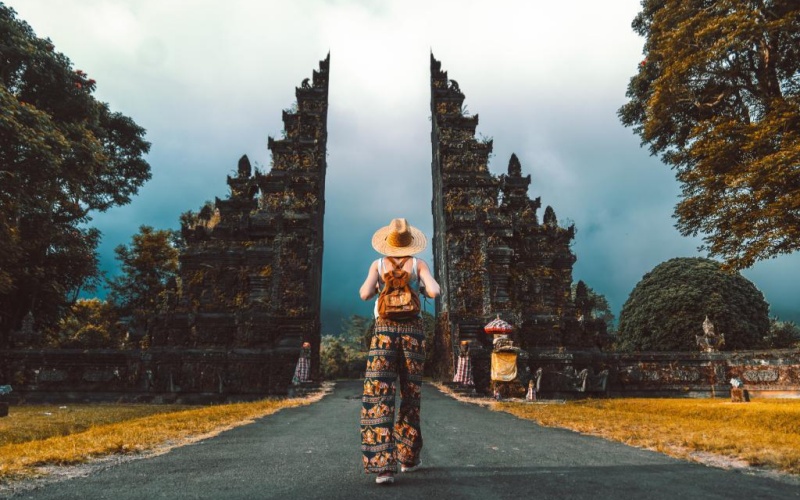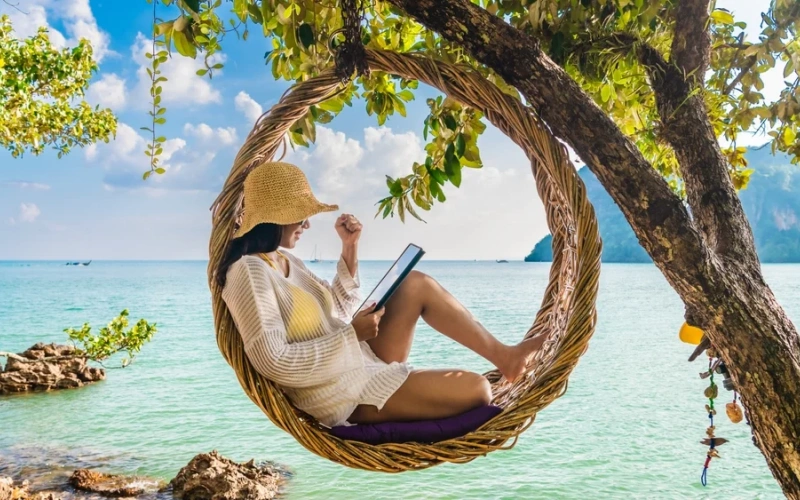
Why Cultural Immersion Enriches Your Travel Experience
One significant benefit of cultural immersion is the opportunity to gain authentic insights into a destination. When travelers immerse themselves in the local culture, they often discover the nuances that guide everyday life. This includes learning about traditional practices, culinary delights, and social norms that may not be evident in tourist brochures. Engaging in local festivals or participating in community events can provide a richer understanding of the history and values of a place. Such experiences create lasting memories and foster a sense of connection that transcends mere sightseeing.
Language also plays a crucial role in cultural immersion. While many travelers rely on English, making an effort to learn a few basic phrases in the local language can significantly enhance interactions.

This simple gesture demonstrates respect for the culture and opens doors to more meaningful conversations. Locals often appreciate the effort and are more likely to share their stories and insights, enriching the travel experience further. Language serves as a bridge, allowing travelers to engage more fully with the community.
Another vital aspect of cultural immersion is the chance to support local economies. By choosing to eat at family-owned restaurants, shop at local markets, and participate in community-led tours, travelers contribute directly to the livelihoods of residents. This approach not only helps sustain local businesses but also promotes cultural preservation. When communities see the economic benefits of maintaining their traditions, they are more likely to invest in preserving their cultural heritage for future generations.

Travelers should also be mindful of their impact on the communities they visit. Cultural immersion requires a level of sensitivity and awareness. It is essential to approach local customs with respect and an open mind, acknowledging that practices may differ significantly from one’s own. Engaging with locals in a genuine manner fosters trust and encourages the sharing of stories and experiences. This two-way exchange enriches both the traveler’s understanding and the local community’s appreciation of their culture.
Planning for cultural immersion can enhance the travel experience. Researching local customs and traditions before arriving can prepare travelers for respectful interactions.

Seeking out opportunities for hands-on experiences, such as cooking classes or craft workshops, allows for deeper engagement. Additionally, staying in homestays or community-run accommodations can provide a unique glimpse into daily life, further enhancing the immersive experience.
Cultural immersion is not just about visiting a destination; it is about forming connections that resonate on a personal level. By embracing the richness of local cultures, travelers can foster understanding and appreciation for the diversity of human experiences. This approach not only transforms individual journeys but also contributes to a more interconnected world where cultural exchange is celebrated. Engaging deeply with a culture allows travelers to return home not only with souvenirs but with stories, friendships, and a renewed perspective on life.









